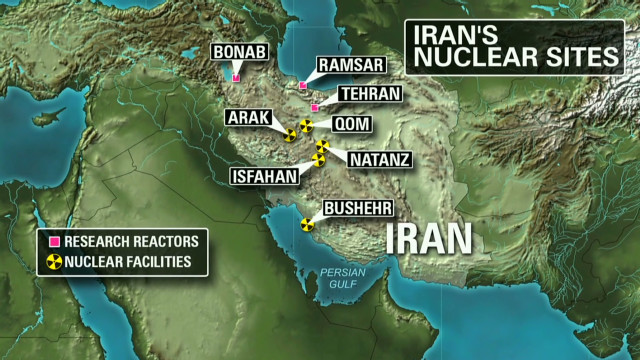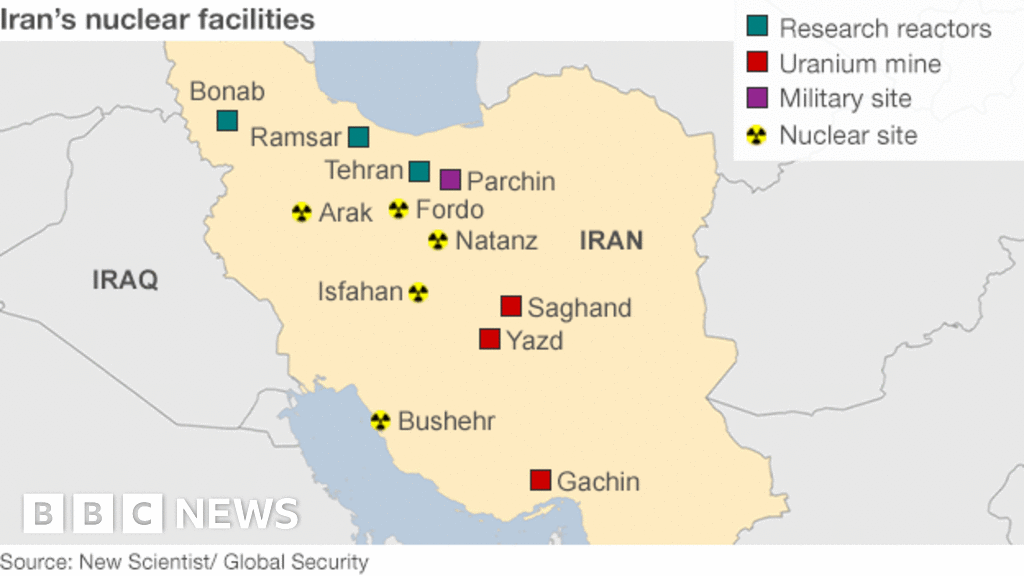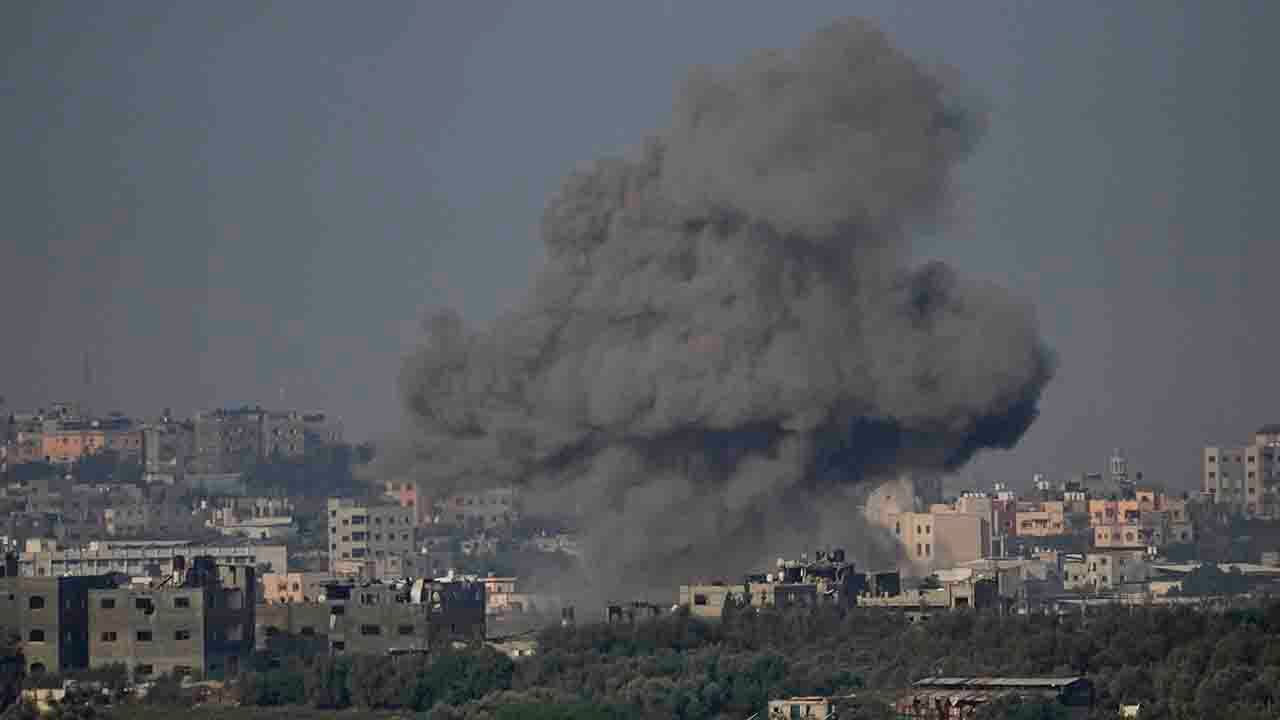Israeli Airstrikes Kill Innocent Civilians at Gaza Aid Site

About the Organizations Mentioned
U.S.-backed Gaza Humanitarian Foundation
The **Gaza Humanitarian Foundation (GHF)** is a private aid organization created in early 2025, backed by the U.S. government with $30 million in funding and Israeli oversight, intended to replace traditional humanitarian agencies operating in Gaza amid a severe blockade and conflict-induced famine[1][4]. Its stated mission is to deliver humanitarian aid to the approximately 2 million Palestinians suffering catastrophic hunger due to a near-total Israeli blockade and ongoing violence[1]. However, GHF diverges sharply from established humanitarian norms by being led primarily by military contractors rather than neutral aid professionals, operating under Israeli government supervision without transparency or accountability[1][2]. GHF’s operational model has been widely criticized for militarizing aid delivery. It employs heavily armed American contractors and runs a small number of distribution hubs tightly controlled by Israeli forces, replacing the UN and agencies like UNRWA, which have decades of experience in Gaza[4][5]. This militarized approach has led to deadly incidents at aid distribution sites, with reports documenting hundreds of casualties, including children, near GHF-run centers—described by Doctors Without Borders as “sites of orchestrated killing”[3]. Amnesty International and other humanitarian organizations condemn GHF for violating international humanitarian law principles of impartiality, neutrality, and independence, labeling its operations illegitimate and inhumane[2]. Politically, GHF has sparked controversy in the U.S. Congress, where lawmakers demand transparency and oversight amid bipartisan tensions[4]. The UN has refused cooperation, and global aid organizations call for restoring aid to trusted agencies and ending the blockade to address the humanitarian crisis effectively[1][2][4]. Key notable aspects of GHF include its unique model of militarized aid delivery, its replacement of longstanding aid infrastructures, and the intense international backlash it has provoked due to its association with violence and political control rather than humanitarian neutrality[1][2][3][4][5].

















